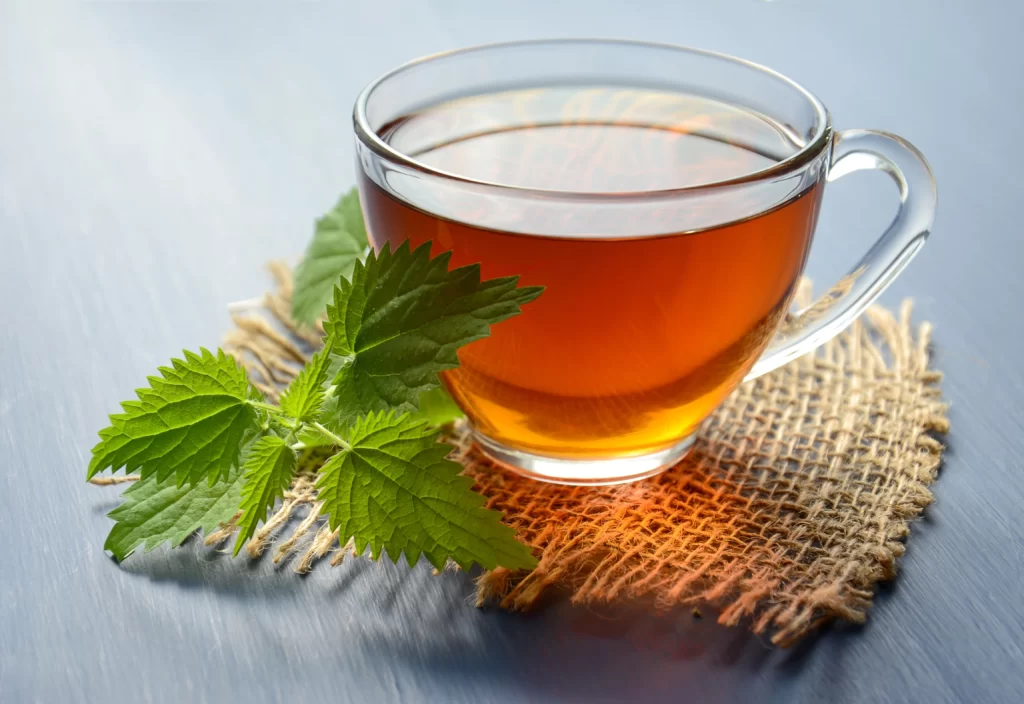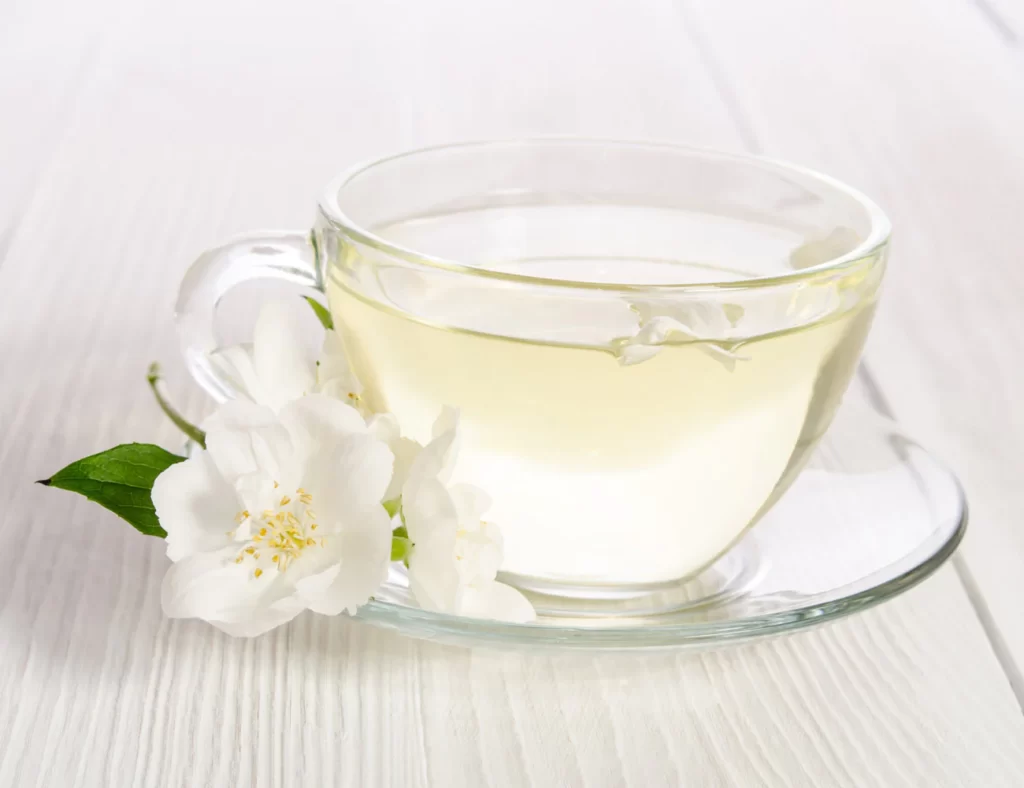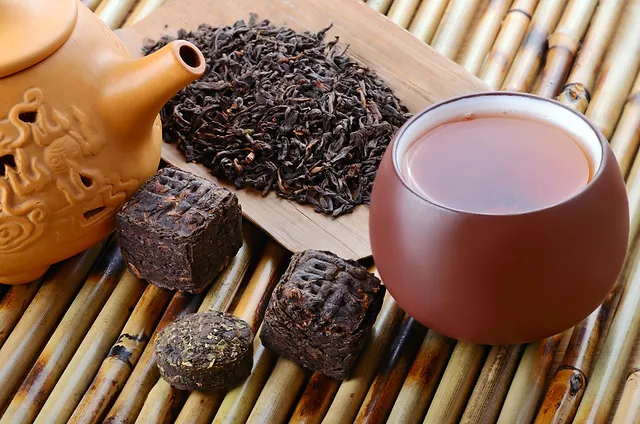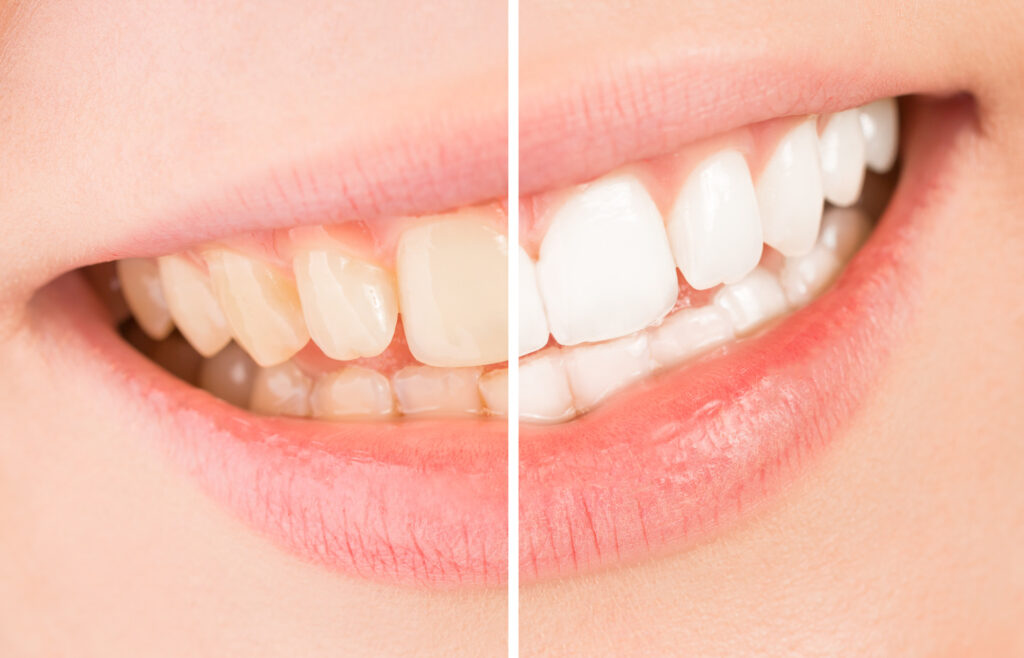Tea is one of the world’s most beloved beverages, cherished for its rich history, diverse flavors, and potential health benefits. From soothing herbal infusions to the energizing qualities of black or green tea, there’s a tea for every palate and occasion. While tea is generally considered safe and even beneficial when consumed in moderation, it’s essential to be aware of the potential side effects that can arise from excessive or inappropriate consumption. In this comprehensive guide, we will explore the potential harmful side effects of tea (when drinking in excess or inappropriately in wrong time) and how to enjoy tea responsibly to reap its many benefits while minimizing any drawbacks. Without further wasting time, let’s know what could be the 8 unhealthy side effects of tea if it’s consumed in excess or inappropriately.
The World of Tea!
Before diving into all those side effects of tea, let’s take a brief look at the different types of tea and their origins.
Green Tea
Green tea is known for its high antioxidant content, green tea is made from unoxidized tea leaves. It originates from China and has a mild, earthy flavor. It can provide tons of health benefits. To know about those benefits in detail, read this article here.

Black Tea
Black tea is fully oxidized and has a strong flavor. Popular varieties include Assam, Darjeeling from India and Earl Grey.

Herbal Tea
Herbal teas are caffeine-free and made from a variety of herbs, flowers, and spices. Common herbal teas include chamomile, peppermint, and hibiscus.

White Tea
White tea is minimally processed and has a delicate, sweet flavor. It’s generally produced from young tea leaves and buds.

Oolong Tea
Oolong tea falls in the middle portion between green and black tea in terms of oxidation. It offers a wide range of flavors, from light and floral to dark and roasted.

Pu-erh Tea
This fermented tea originates from China’s Yunnan province and is known for its earthy and rich taste.

Potentially Unhealthy Side Effects of Tea
While tea is generally considered safe for most individuals, it can have side effects, especially when consumed in excess or by those with specific sensitivities. Here are all the potential side effects of tea that can really be harmful for your overall health!
Caffeine-Related Side Effects
Tea contains caffeine, a natural stimulant that can have both positive and negative effects on the body. The caffeine content in tea varies depending on the type and brewing method. Here are some caffeine-related side effects of tea.
Insomnia: Excessive caffeine intake, especially in the afternoon or evening, can disrupt sleep patterns and lead to insomnia. Caffeine interferes with adenosine, a neurotransmitter responsible for promoting sleep and relaxation. Consuming caffeinated tea close to bedtime can make it challenging to fall asleep and stay asleep.

Jitters and Anxiety: High doses of caffeine can lead to feelings of jitteriness, nervousness, and increased anxiety. Individuals who are sensitive to caffeine may experience these effects even with moderate tea consumption. Anxiety symptoms may include restlessness, rapid heartbeat, and a sense of unease.
Increased Heart Rate: Caffeine can temporarily elevate your heart rate and blood pressure. While this effect is usually mild for most people, excessive caffeine intake can lead to a more significant increase in heart rate, potentially posing a risk for individuals with underlying heart conditions.
Gastrointestinal Distress
Tea, particularly when consumed on an empty stomach or in large quantities, can lead to various gastrointestinal issues, primarily due to the presence of compounds like tannins. Common gastrointestinal side effects of tea are:
Stomach Upset: Tannins in tea can irritate the stomach lining and lead to stomach discomfort, acid reflux, or gastritis in some individuals. Drinking tea with meals or snacks can help alleviate these symptoms for some people.

Diarrhea: Excessive consumption of caffeinated tea can act as a mild laxative and lead to diarrhea. If you are not accustomed to high caffeine levels, your body may react by increasing bowel movements.
Iron Absorption
Tea, particularly black tea, contains compounds called polyphenols that can inhibit the absorption of non-heme iron from plant-based foods. This effect can be significant when tea is consumed with or immediately after meals. Inhibition of iron absorption may contribute to iron deficiency, especially in individuals with low dietary iron intake. This is one of the crucial side effects of tea that you should be concerned about if you drink too much tea specifically black tea.
Dental Health
Tea, especially black tea, can contribute to dental staining and potential enamel erosion due to its tannin content. Tannins can bind to tooth enamel, leading to discoloration over time. Additionally, the acidity of tea may weaken tooth enamel, making teeth more susceptible to damage.

Fluoride Content
Tea leaves can absorb fluoride from the soil, and certain teas, such as brick tea and some green teas, may contain high levels of fluoride. Excessive fluoride intake over extended periods can lead to dental or skeletal fluorosis, a condition characterized by dental and bone abnormalities. This is another very harmful side effects of tea one should be aware of!
Medication Interactions
Tea, including herbal teas, can interact with medications. These interactions can have varying effects, such as enhancing or diminishing the effects of certain drugs. For example: Chamomile tea may enhance the effects of anticoagulant medications, potentially increasing the risk of bleeding. Furthermore, some teas may interfere with the absorption of medications, reducing their effectiveness.
Kidney Stones
In rare cases, excessive consumption of tea, particularly black tea, has been associated with an increased risk of developing kidney stones. This risk may be attributed to the high oxalate content in some teas. This is one of those dangerous side effects of tea that people with a history of kidney stones should be concerned about and monitor their tea consumption and consult with a healthcare professional if necessary.
Pregnancy and Lactation
Pregnant individuals are advised to consume caffeine-containing beverages, including tea, in moderation. High caffeine intake during pregnancy has been associated with adverse outcomes, including preterm birth and low birth weight. It’s advisable for pregnant and breastfeeding individuals to limit their caffeine intake.

Responsible Tea Consumption
To enjoy tea responsibly while minimizing potential side effects of tea, consider the following tips.
- Consume tea in moderation, and be mindful of your caffeine intake, especially if you are sensitive to caffeine’s effects.
- Avoid consuming caffeinated tea close to bedtime to prevent sleep disturbances.
- If tea causes stomach discomfort, try drinking it with meals to reduce its impact on your digestive system.
- Practice good oral hygiene to minimize the risk of dental staining and enamel erosion. It may sound funny but you can consider using a straw when drinking tea to minimise the side effects in your teeth.
- If you are concerned about iron absorption, pair tea consumption with foods rich in vitamin C to enhance iron absorption.
- If you have specific health concerns, are pregnant, or are taking medications, consult a healthcare professional for personalized guidance on tea consumption.
Conclusion
Tea is a delightful beverage enjoyed by people worldwide, offering a diverse range of flavors and potential health benefits. While it is generally safe for most individuals, it’s essential to be aware of the potential side effects associated with excessive or inappropriate consumption. By practicing moderation, being mindful of caffeine intake, and considering individual sensitivities, you can savor the pleasures of tea while minimizing any potential drawbacks. Remember that tea can be a part of a healthy lifestyle when enjoyed responsibly. Hopefully, you found this article about side effects of tea helpful enough. If you really did then let us know your valuable thoughts in the comment section down below. Thanks for visiting and appreciating our work.
